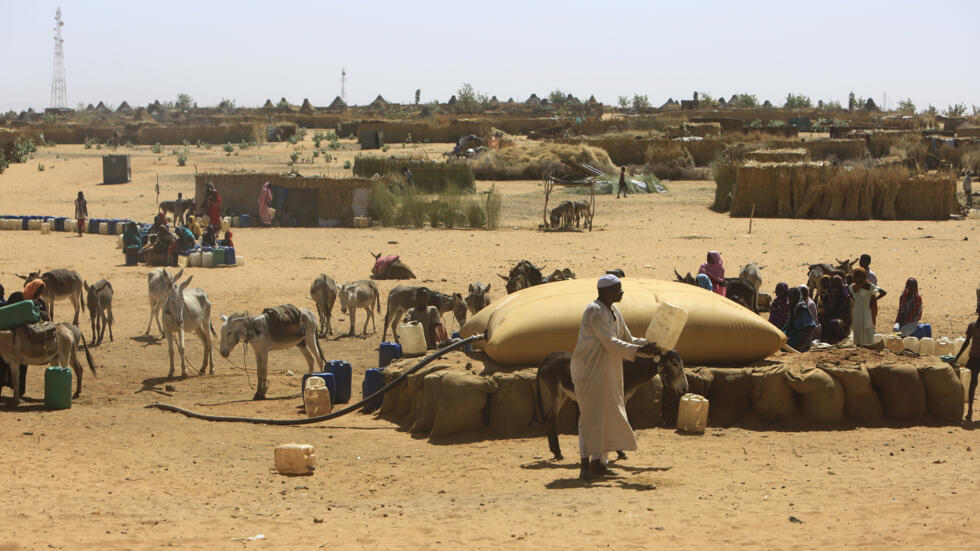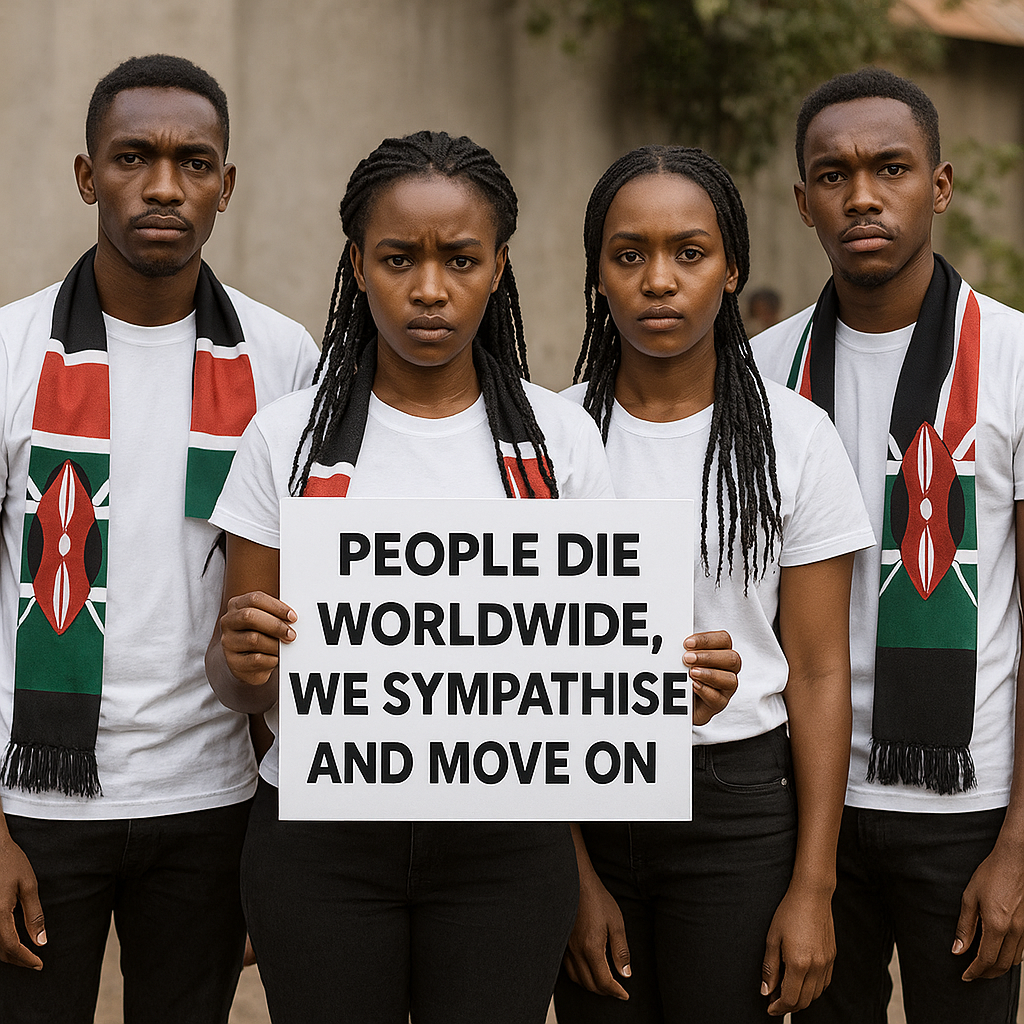
For the past year, the city of el-Fasher, in Sudan’s Darfur region, has been isolated from the world. Cut off by one of the most brutal conflicts the country has seen in decades, the city has become a ghost of its former self—its people trapped, its streets scarred by violence, and its voice nearly silenced.
With international journalists unable to safely access the city, the BBC launched a daring initiative: providing mobile phones to residents, allowing them to document their daily lives and the harsh realities of surviving in a war zone. Through photos, videos, and messages, a small but powerful window into el-Fasher has emerged.
“We have no internet, no communication with the outside world,” said one resident who chose to remain anonymous for safety reasons. “This phone became our only way to speak out.”
The videos reveal chilling scenes: families cooking over open fires in makeshift shelters, children playing in rubble-strewn streets, and medics struggling to care for the wounded in under-equipped hospitals. Shelling and gunfire echo in the background of many clips.
Since the conflict erupted between the Sudanese army and the Rapid Support Forces (RSF) in April 2023, millions have been displaced, and cities like el-Fasher have borne the brunt of the violence. With humanitarian aid blocked, food and medical supplies have dwindled to dangerous levels.
The locals’ footage not only shows the devastation but also their resilience.
“We are still here. We are still alive. We want peace,” said a young woman in one of the videos, standing beside a mural painted in protest of the war.
Human rights organizations and international observers have praised the BBC’s initiative, calling it a lifeline for truth and accountability in a region where misinformation thrives and documentation is scarce.
As Sudan’s crisis deepens with no resolution in sight, the voices from el-Fasher serve as a haunting reminder of those trapped in silence—and the power of technology to break through even the darkest blockades.
